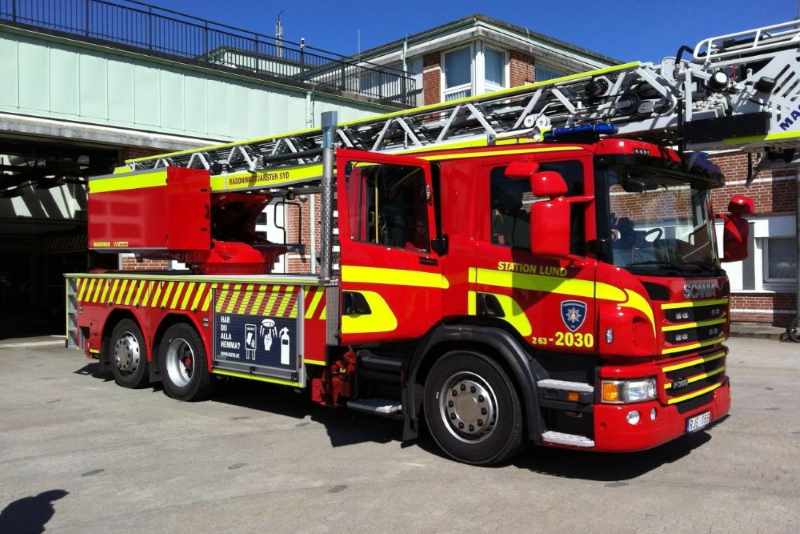In 2020, there were more house fires than the preceding year. Although this has changed in 2021, there are still numerous fires every day, many of which are fatal. This year, in Fire Safety Tips for Fire Safety Week, we are highlighting some tips that you and your family can adopt in order to stay safe.
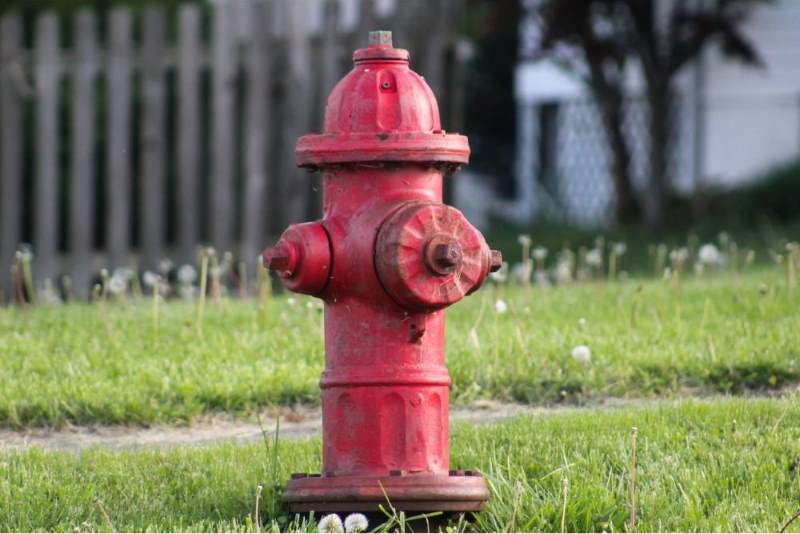
If a fire starts in your home or office, according to the American Red Cross, you may have no more than two minutes to escape before the fire either blocks your way or makes it hard to breathe. After the 2-minute mark, the oxygen levels within the building will decrease significantly, which may impede your ability to think clearly.
It is very important to install fire safety equipment, especially smoke alarms and fire extinguishers, in your home or commercial building. Using smoke detectors will give you an early warning of impending disaster. In addition to safety equipment, it is important to create an evacuation plan and review it regularly with all of your family members.
Smoke Alarms
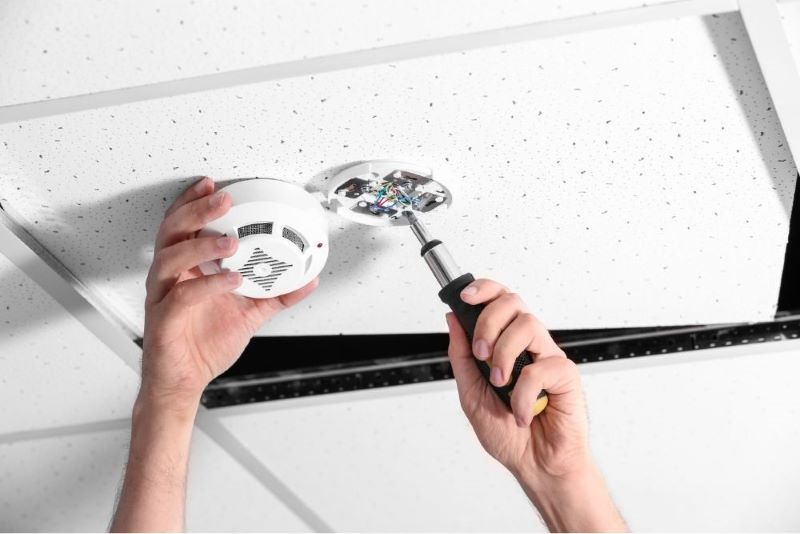
Smoke alarms should be installed on every level of your home or office building. You should install a separate alarm for every room and sleeping area. They should be tested monthly. There is usually a test button on these units that you can press to check the alarm.
If the system isn’t working, immediately replace the batteries and test again. On average, an alarm battery lasts for up to 6 months, and the unit itself lasts up to 10 years.
Fire Extinguishers
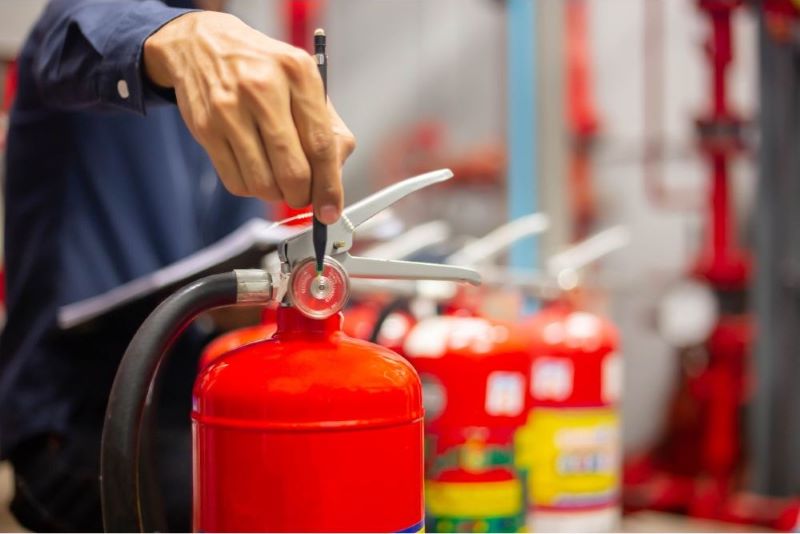
Ready.gov recommends homes have at least one up-to-date fire extinguisher. This non-profit organization also recommends reaching out to your local fire department for training on how to properly use a fire extinguisher. Be sure to check the expiration date and the pressure meter to make sure the extinguisher is in good working order. Other fire safety experts advise having an extinguisher in the kitchen and near exits.
Evacuation Plan
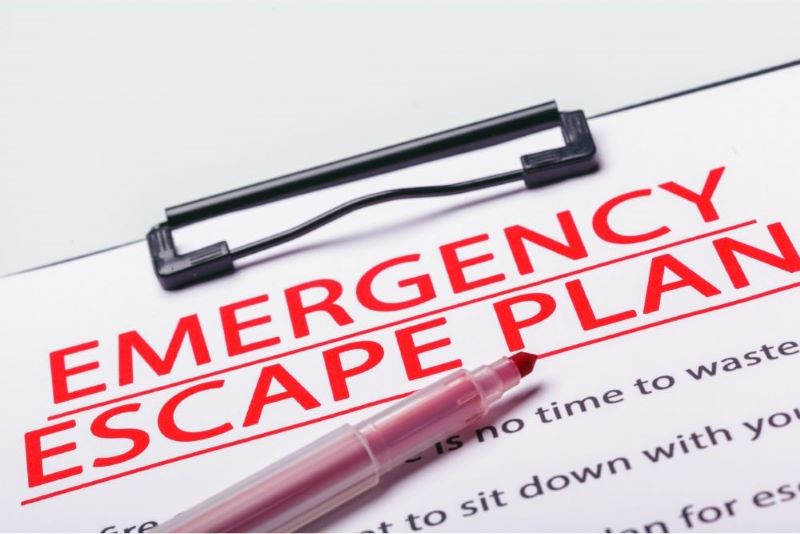
The most important piece of advice we can share with you is that before a fire breaks out, you should have a detailed discussion with all family members about fire escape routes. Devise a plan, and most importantly, practice the plan with some regularity. Under no circumstances should you go back inside a burning house or building once you are out.
You should wait for the fire department to arrive and call a fire damage restoration company to help you get your home and personal items restored after the fire.
Check Electrical Appliances
Inspect electrical appliances and cords for signs of damage or wear. Avoid overloading outlets and extension cords, and never run cords under rugs or furniture. Unplug appliances when not in use, and consider upgrading to surge protectors to prevent electrical fires.
Keep Flammable Items Away
Store flammable items such as matches, lighters, and gasoline in a secure location away from heat sources. Dispose of old newspapers, magazines, and other combustible materials regularly. Keep curtains, towels, and other flammable items away from heaters and stoves.
Maintain Heating Systems
Schedule annual inspections and maintenance for your heating systems, including furnaces, fireplaces, and space heaters. Keep flammable materials at least three feet away from heating sources, and never leave space heaters unattended.
Practice Safe Cooking
Never leave cooking food unattended on the stove or in the oven. Keep flammable items away from the stove, and use pot holders or oven mitts to handle hot items. Keep a fire extinguisher in the kitchen and learn how to use it.
Frequently Asked Questions (FAQs)
How often should I replace smoke alarm batteries?
Smoke alarm batteries should be replaced at least once a year, even if they appear to be functioning properly. It’s also a good idea to test smoke alarms monthly to ensure they are working correctly.
What should I do if a fire breaks out in my home?
If a fire breaks out in your home, your first priority should be to evacuate safely. Alert your family members, follow your fire escape plan, and call 911 from outside the home. Do not re-enter the building until it has been declared safe by firefighters.
Can I use water to extinguish all types of fires?
Water is effective for extinguishing Class A fires, which involve ordinary combustible materials such as wood and paper. However, it should not be used on grease fires (Class B) or electrical fires (Class C), as it can make the situation worse.
How can I prevent electrical fires in my home?
To prevent electrical fires, avoid overloading outlets and extension cords, and never use damaged electrical cords or appliances. Consider upgrading to arc fault circuit interrupters (AFCIs) to detect and prevent electrical fires.
Should I have a fire extinguisher in my home?
Yes, every home should have at least one fire extinguisher readily available. Place them in easily accessible locations, and ensure that all family members know how to use them.
Conclusion:
Fire Safety Week serves as an important reminder to prioritize fire safety in our homes. By implementing these fire safety tips for 2021 and beyond, you can protect your home and family from the devastating effects of fires. Stay vigilant, stay prepared, and stay safe.

